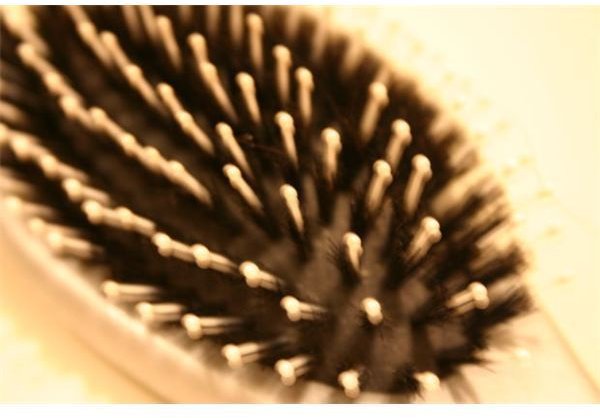Overview of Trichophagia
What Exactly is Trichophagia?
Trichophagia is a conditioned that can be characterized as a compulsion to eat hair. Commonly, the hair is chewed on
while still attached to the head. Individuals who suffer from trichophagia typically eat their own hair but some are known to eat the hair of other people if they find it on a comb or brush. As hair is consumed, it begins to collect and form a mass in the gastrointestinal tract. This can result in complications, and even death in severe cases.
Causes of Trichophagia
The specific cause of trichophagia and related medical conditions are unknown. However, it’s important to realize that the chewing and consumption of hair is more than just a nervous habit. Studies have shown that trichophagia and similar conditions are neurologically based. There are several theories that could suggest where the behavior originated.
Psychoanalytic theories indicate that the behavior is linked with an unconscious conflict or trauma from a previous event or childhood memory. Biological theories indicate a genetic factor could be involved. A parent or close relative with an obsessive-compulsive disorder could carry genes that might predispose someone to eat hair. Behavioral theories conclude that the behavior could be learned. A child may simply imitate a parent or sibling who is practicing this habit.
Symptoms of Trichophagia
As the hair collects in the gastrointestinal tract, symptoms such as stomach pain and indigestion can occur. Since the body is unable to break down hair, a trichobezoar can form in the tract. A trichobezoar is an extreme hairball that is created when the consumed hair begins to wrap around and form a ball. Surgery may be needed to remove the trichobezoar if medication does not resolve the issue.
In extreme cases, trichophagia can lead to a disorder known as Rapunzel syndrome. This is a rare intestinal tract condition that results from the consumption of hair. Characteristics of Rapunzel syndrome include a trichobezoar in the stomach with the tail in the right colon or small bowel, and a bowel obstruction. Many patients with trichotillomania, the obsession to pull hair, also have trichophagia.
Treatments for Trichophagia
The treatment for trichophagia is similar to the treatment options of other impulse control conditions. A combination of psychotherapy and anti-depressant medications are commonly used to control the disorder. If the hair is resulting in digestive tract problems, medical help may be needed to remove the hair from the body. Individuals suffering from trichophagia should seek help immediately before a trichobezoar begins to form.
Trichophagia is a rare, but serious condition that can result in serious risks and complications if not treated promptly. Many people associate hair pulling and chewing as a nervous habit but in reality, this habit in some people is a disorder caused by chemical processes in the brain. Fortunately, with the proper diagnosis and treatment, individuals with trichophagia can control their symptoms and live a normal life.
Resources
Text Source:
Image Source:
